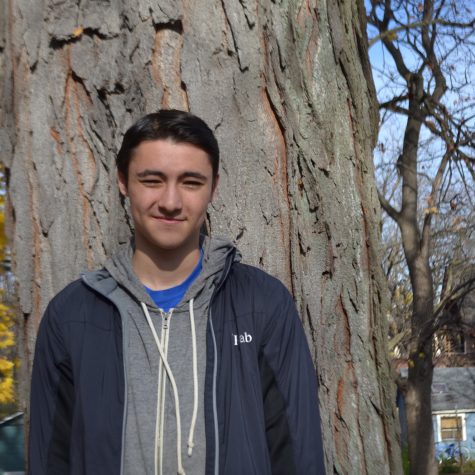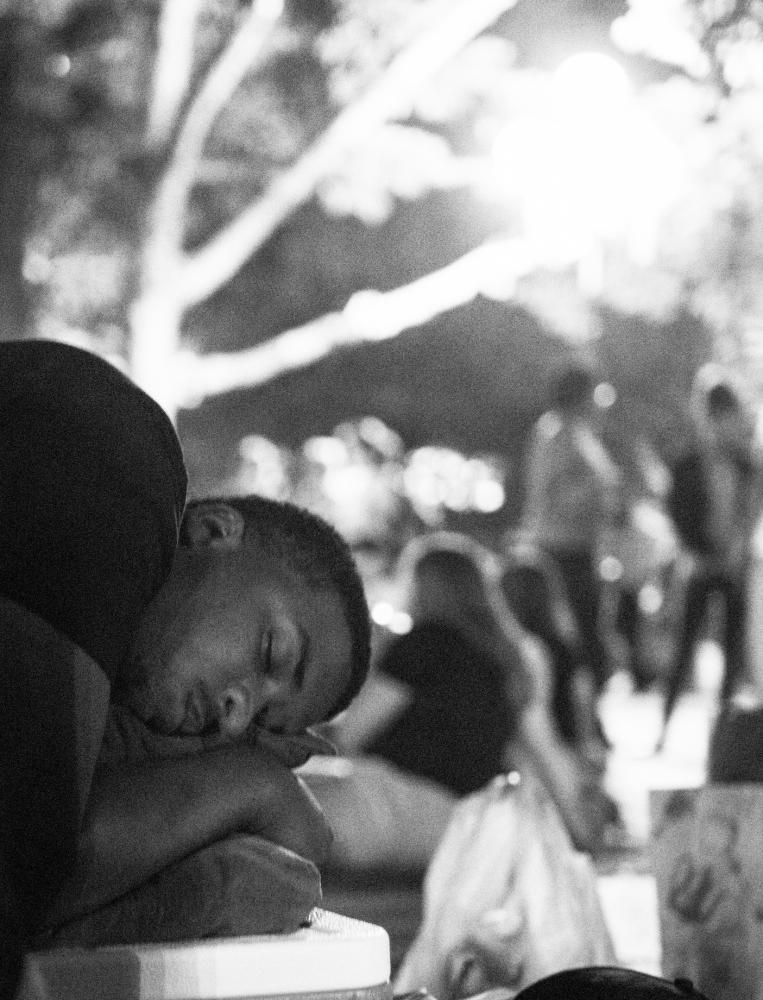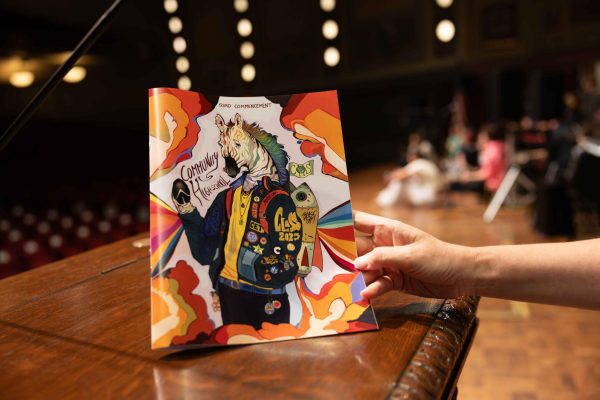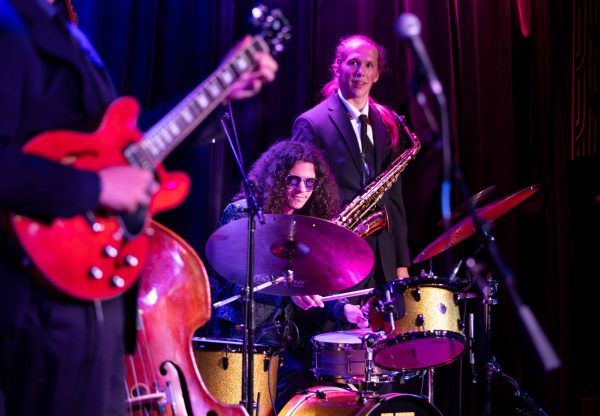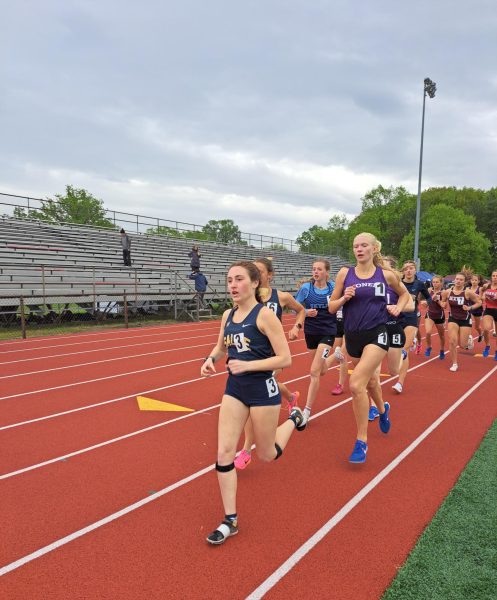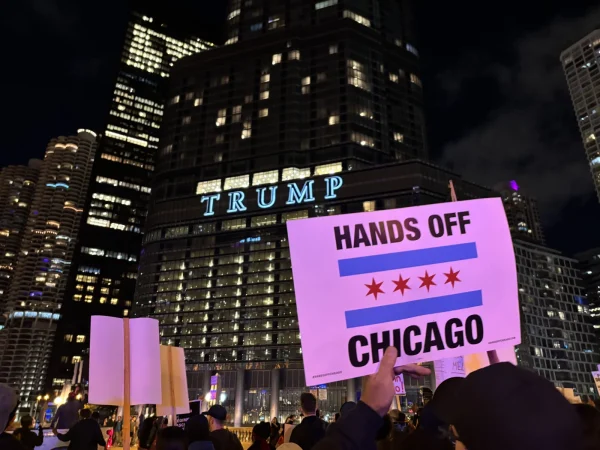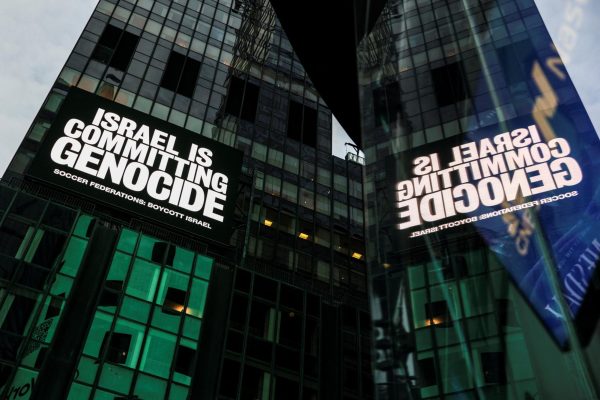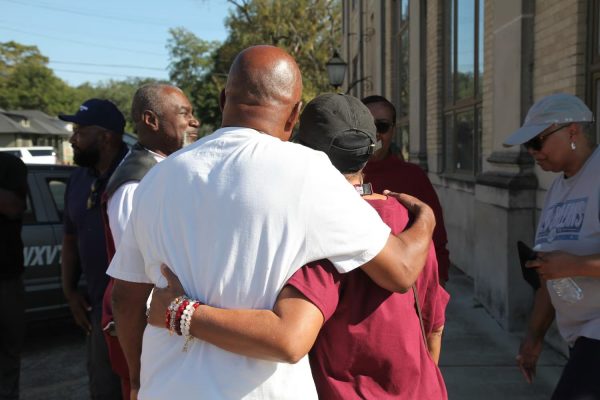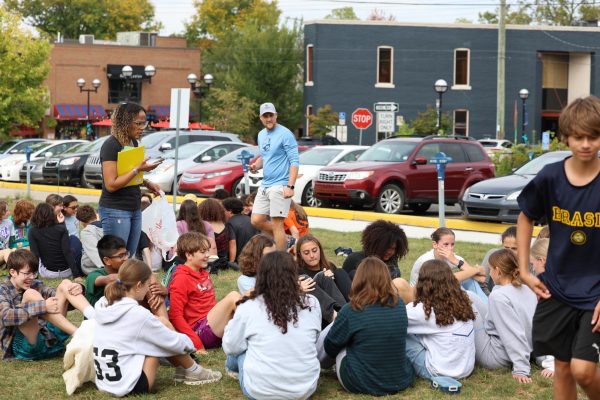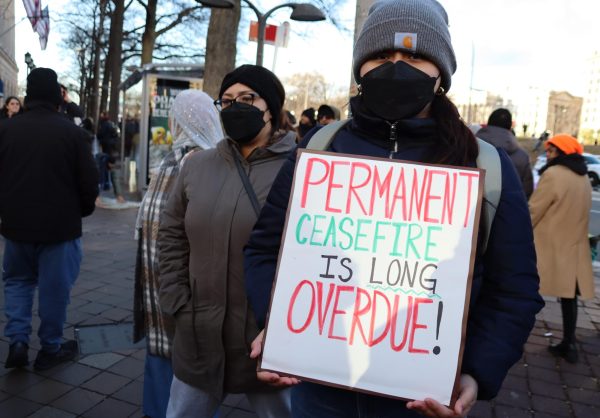24 Hours of Solidarity
University of Michigan graduate student, Dana Greene Jr. protests systematic racism by kneeling for over 20 hours, in U of M Diag.
As it neared midnight, a group of over 200 University of Michigan students, faculty, and local residents swarmed the diag. In the center, over the block ‘M’, two tents marked the focal point of the gathering. Knelt before the awnings was graduate student Dana Greene Jr., his head and arms sprawled over a large white cooler as close friends periodically adjusted his battered knee pads. He shifted his weight back and forth on the sweaty, dirt layden mats and pillows beneath him.
Greene had already spent nearly fifteen hours in this position as he battled the sweltering 90 degree heat. He planned to spend 24 hours there. He explained his reasoning and intentions for his act in a letter penned to U of M president, Mark Schlissel. In his 300 plus word letter, posted on MLive, Greene detailed his past experiences on campus as a student of five years. He discussed his outrage with the “anti-Muslim, anti-Black, anti-Latinx, and anti-immigrant rhetoric” throughout the campus and across the country, as he vowed to no longer stand silently on the sidelines. He went on to state that he was not kneeling in disrespect to the country or anyone who has fought to defend it.
“I will kneel in the Diag facing the flag in silent protest until there is nothing left in me,” he said. “I am kneeling because I want this campus and this country to acknowledge a fact that I know to be true. We are not and have never lived by the idea of our founding that ALL men are created equal. I am kneeling because we are better than this.”
At 7 a.m., Greene was largely alone is his protest. He knelt, a yoga mat sat at his side along with a bottle of ice water, reported MLive. Others held an umbrella over him to block out the sun. Throughout the day, the event picked up steam as students flocked around the block M in the Diag’s center, bringing food, drink, and their support. U of M faculty passed by, thanking Greene and engaging in conversation with him. Medical personnel frequently appeared to check up on his health.
The sun set and the scorching heat began to become bearable. A few hundred people surrounded Greene. Some students sat and some knelt. Some worked on homework and some simply sat quietly. No matter what they were doing, every individual’s support was felt.
“[What resonates with me is] that somebody is willing to go through pain for me and for my sister and brother who go here,” said Ben Brown, a U of M student who spent most of his time kneeling side-by-side with Greene. “That they’re willing to suffer just so people can talk about our suffering. It’s just profound that he even has to do this for us, just so we can have a conversation. It is just really crucial. We are happy to be making a statement with this man.”
Those in attendance had a wide array of reasons for their presence that night. For many, it provided an opportunity to be proactive. For others, it gave them a chance to connect and learn with others.
“Sitting down, talking to my friends that are people of color and not being able to understand what they go through, but hearing what they go through and wanting to help and understanding that just showing my support and solidarity is at least a step in the right direction,” said U of M student, Blake McWatters.
Some protested using other methods, such as art. Student Madelyn Dutra spent over an hour creating a sidewalk chalk mural, capturing athletes Colin Kaepernick and Steph Curry behind which loomed a raised fist. Below the drawing, one statement sat inscribed on the red brick: “Why I Kneel.”
“I want to create imagery that they will see and notice,” she said. “Most people know what it’s about. They can come to their own conclusions.”
After 20 hours of silent protest, Dana Greene Jr. rose to his feet, his goal accomplished.
“I don’t know what kind of change is going to come from the university, and I’m hesitant to be optimistic about that part,” said supporter, Conner. “But what I think this is, is this is solidarity. This is a peaceful protest. And we’re fighting noise with silence… This starts here. It doesn’t matter if we get an immediate response from the university, but we’re going to get an immediate response from the country. And it’s going to be support, solidarity, and respect.”
